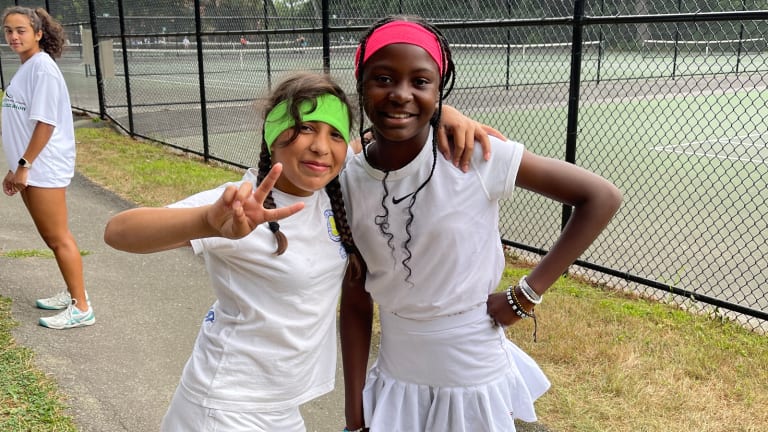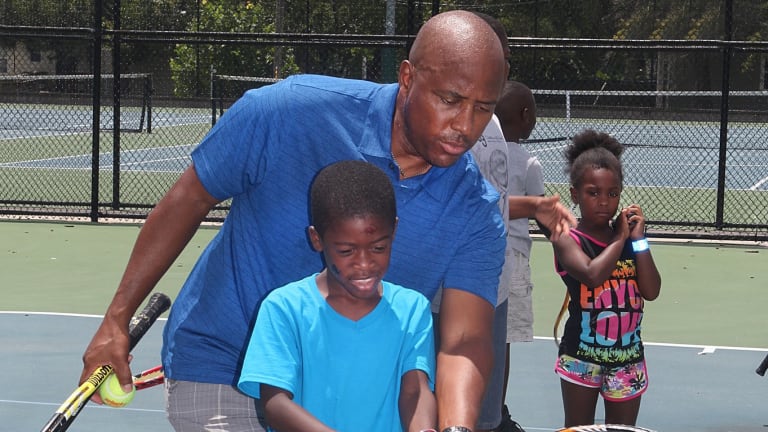Tennis.com Interview
“Teaching happiness”: How raising a successful athlete can mean raising a successful person
By Feb 10, 2023Tennis.com Interview
Nick Kyrgios brings the show, and new perspective, to Madison Square Garden
By Dec 08, 2025Tennis.com Interview
After longest off-season ever, Tommy Paul talks injury comeback, wedding plans at MSG
By Dec 08, 2025Tennis.com Interview
Following in family footsteps, Elli Mandlik clinches Australian Open return in wild card play-off
By Nov 25, 2025Tennis.com Interview
Ben Johnson 101: How an Instagram auteur is defining modern tennis lifestyle
By Nov 11, 2025Tennis.com Interview
Patrick Kypson, former college teammate of Rinderknech and Vacherot, is writing his own perseverance story
By Oct 28, 2025Tennis.com Interview
Michael Zheng channels Ivy League balancing act into rapidly blossoming pro tennis future
By Oct 21, 2025Tennis.com Interview
Flavio Cobolli wants to earn Davis Cup Finals nomination—and stay on as ATP's 'admin'
By Oct 16, 2025Tennis.com Interview
With IMG Academy backing, Wakana Sonobe kicks off pro career at home in Osaka
By Oct 16, 2025Tennis.com Interview
Alex Michelsen wins Almaty debut to end losing skid, reveals coaching trial with Kristof Vliegen
By Oct 15, 2025“Teaching happiness”: How raising a successful athlete can mean raising a successful person
We talk to veteran author Frank Giampaolo about his new book, “The Psychology of Tennis Parenting”
Published Feb 10, 2023
Advertising
Advertising
Advertising

In most other sports, there’s a school team and a coaching staff that handles everything from running practices to planning schedules to organizing road trips to paying expenses. When it comes to junior tennis, though, a parent and child are mostly on their own.
Advertising

“I do believe the game makes kids better people,” says Giampaolo. “Tennis is a great way of teaching important life skills and character traits—resiliency, courage, focus, problem solving, time management.”